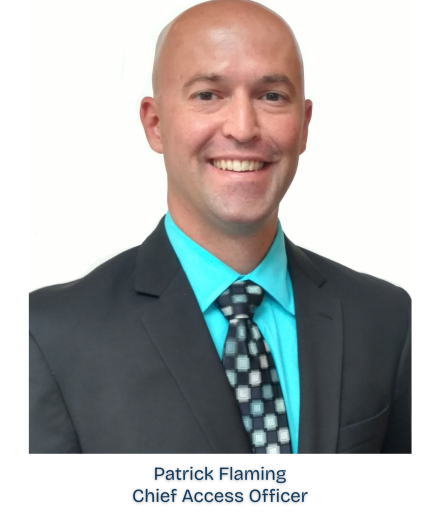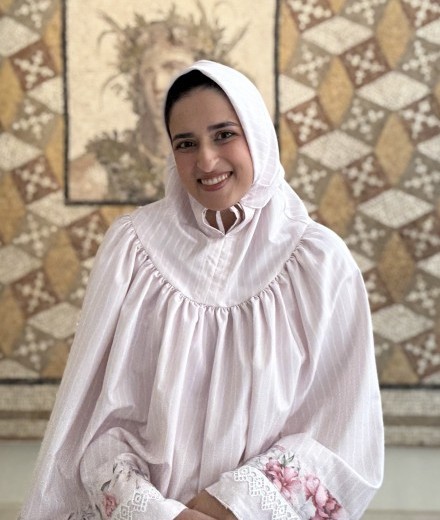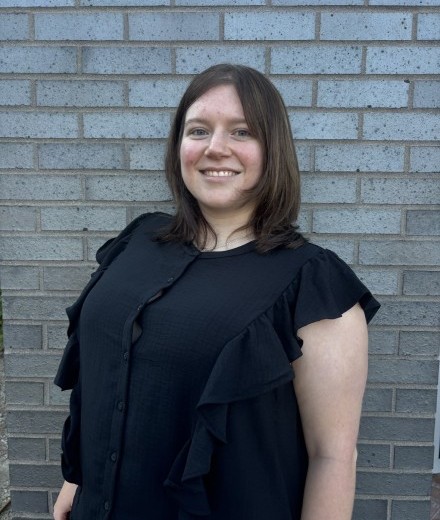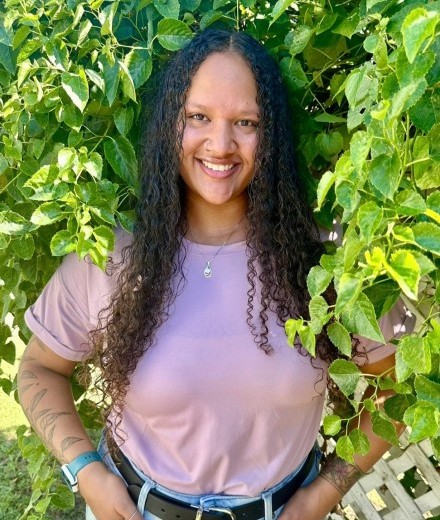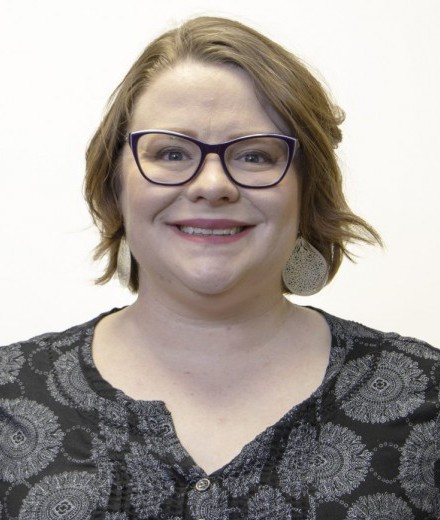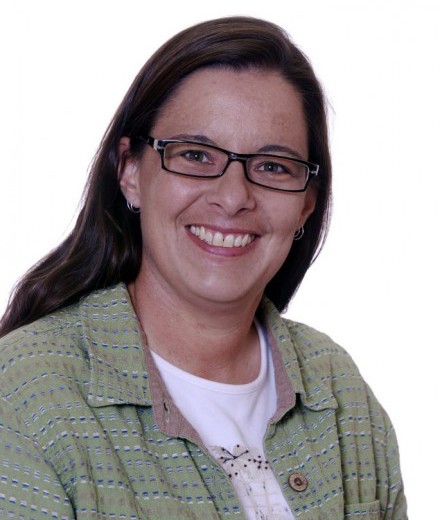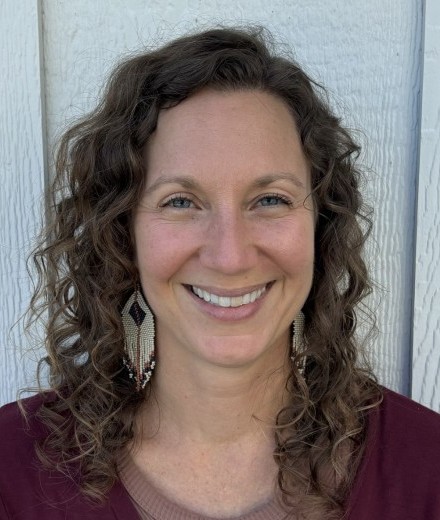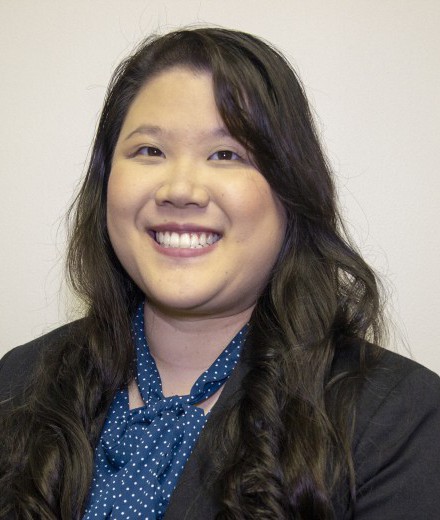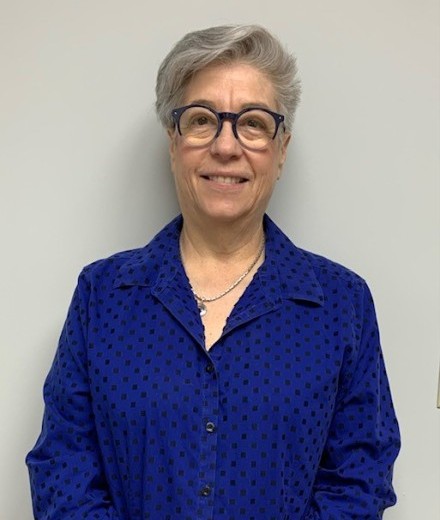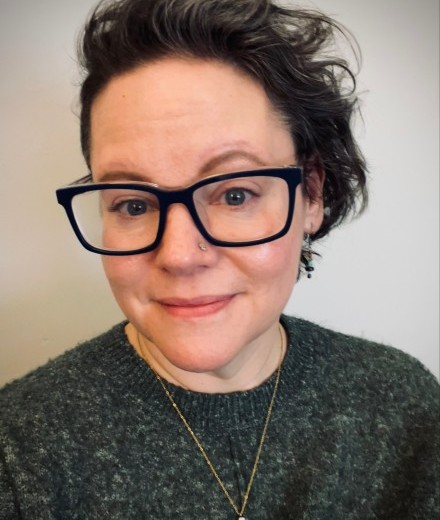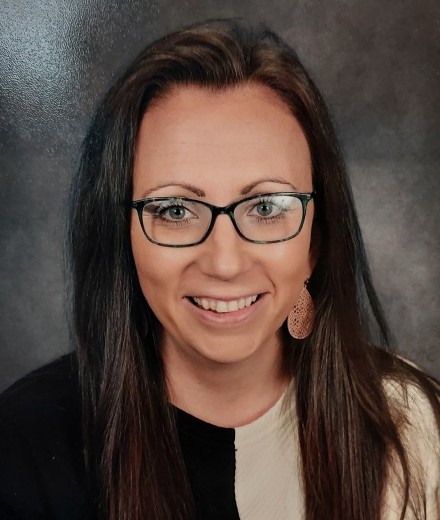Andrea Reed, PhD, LMLP
Full Name: Andrea Reed
Professional Title: Licensed Master Level Psychologist
Education and Credentials:
Highest Degree Earned: Ph.D. in Clinical-Community Psychology
Institution where degree was obtained: Wichita State University
Relevant Certifications: Training is in Parent Management Training and Cognitive Behavioral Therapy
Clinical Experience:
Years of Practice as a Therapist: I have been working at Prairie View, Inc. since completing my education; 12 years
Types of settings where you have practiced: Along with Prairie View, Inc. I have worked in college counseling centers, adult inpatient crisis stabilization units, and helped with the creation and implementation of the Family Checkup at WSU
Client populations you have worked with extensively: Children, Adolescents, Young Adults, and Adults (along with some couples counseling and older adults); I typically work with patients 2-60 years of age
Specialization and Expertise:
Primary Areas of Clinical Focus: Anxiety/Phobias, Depression, Trauma, Eating Disorders, personal identity development., Parenting, ADHD, Disruptive, impulse-control and conduct disorders; OCD or hoarding; Personality Disorders; Learning Disorders; and Adjustment Disorders; I also do psychological testing for children, adolescents, and adults
Specific populations or concerns you particularly specialize in: Parenting and behavior management concerns; partners of those with sexual addiction issues; and individuals from a wide range of backgrounds and life experiences. I love working with all people, striving to meet them where they are and support them in moving toward what they want to achieve
Therapeutic Approach:
Preferred therapeutic modalities: CBT, Mindfulness, PMT/Behavior Management – fairly eclectic in my approach to best meet the needs of my patients
Key principles or values guiding your therapeutic approach: My goal is to help individuals (be it children, adolescents, or adults) achieve the highest quality of life by reducing functional impairments, gaining coping skills to get through life’s challenges, and helping people develop greater self-understanding.
Personal Philosophy on Therapy:
What motivates you to be a therapist?
I have always wanted to be a helper for others, and while my path to becoming a therapist wasn’t a straight line, that was always the end goal. I want to help others develop greater self-understanding and embrace, and nurture, their whole selves while taking control of their lives and feeling empowered to make changes which improve their quality of life.
What do you believe is the most important aspect of the therapeutic process?
The relationship between the patient and therapist. I have always considered therapist’s to be the “holders of hope” for their patients when they are struggling to find it for themselves. I love the day that the patient discovers, and can hold, hope for themselves.
Locations
Treatment Areas
-
Anger Management
-
Anorexia, bulimia or eating disorders
-
Anxiety, phobias, fears, social anxiety, panic or generalized anxiety disorder (GAD)
-
Depression, suicidal thoughts, mood
-
Disruptive, impulse-control, and conduct disorders
-
Learning Disorders
-
OCD or hoarding
-
Personality disorders (may include paranoia, antisocial, narcissistic, or dependent)
-
PTSD, stress, adjustment or social engagement struggles
-
Schizophrenia, personality disorders, delusions, or catatonia
-
Sex Addiction




